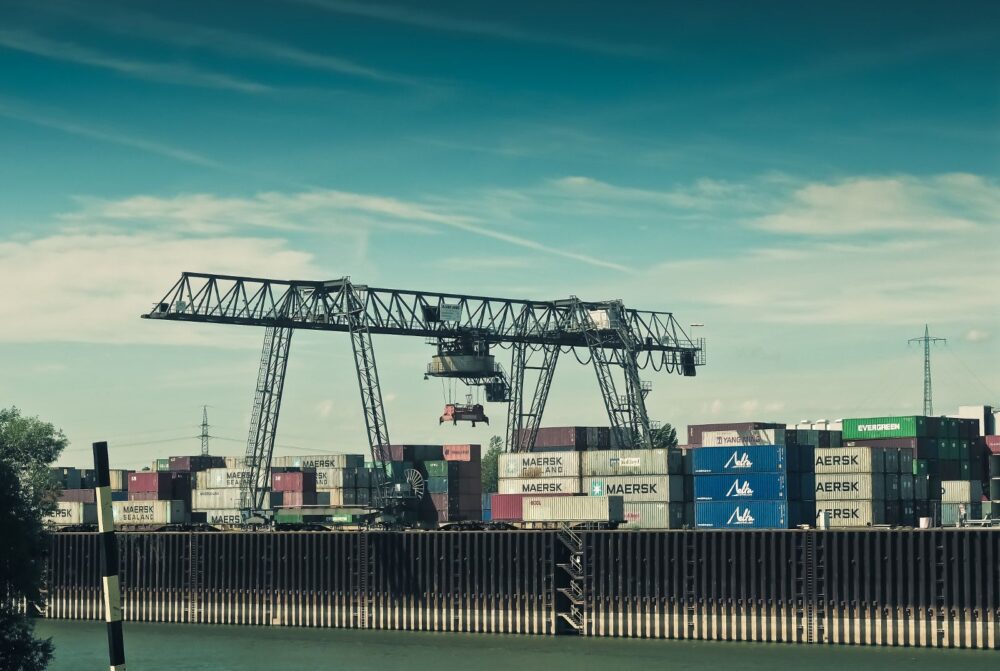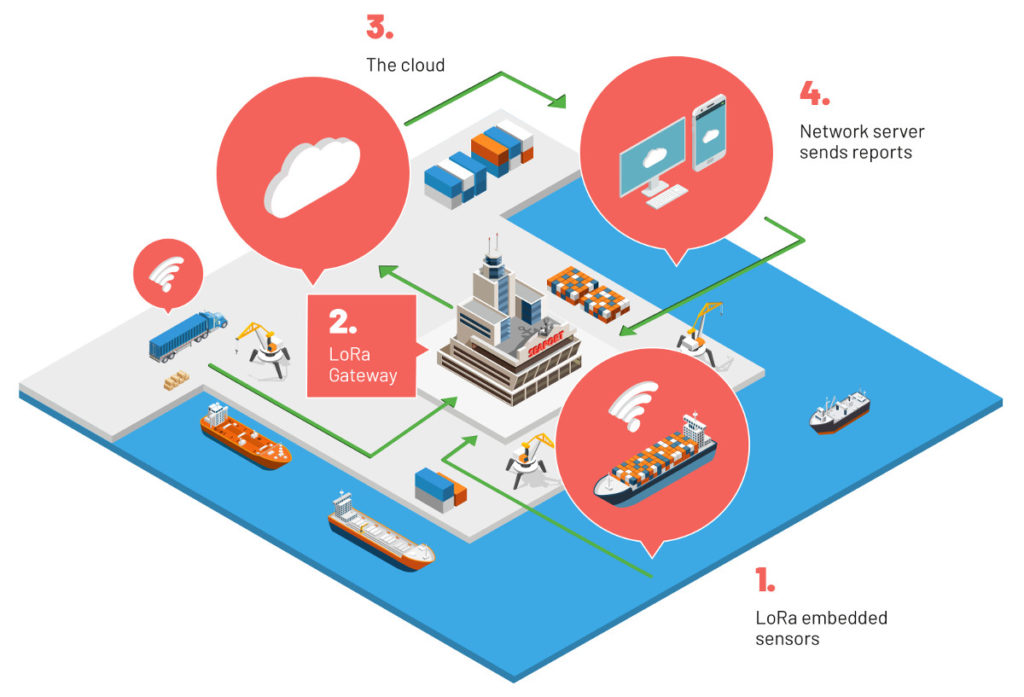Having predictive data helps ports improve the fluidity of maritime traffic, avoid accidents and improve the environmental impact. It also becomes possible to “very precisely control the movement of containers. With this kind of sensor, we can monitor the traceability of the containers, the quality of the port water, movable assets, air conditioning to avoid outbreaks of legionella, the impact of waste and more”, continues Longobucco.
Barcelona is a world-class SmartCity, “and by seeing how the Port of Barcelona does not want to turn its back on this entire revolution, it is showing its steadfast determination to incorporate new technologies and become a cutting-edge port because of not only the amount of traffic but also the quality of its management”, Martín Longobucco concludes.
The example of Turkey
The pilot programme that Datalong16 conducted in the Port of Barcelona is not the first to apply this technology in this kind of setting. Recently, a programme was carried out in Turkey with a multimodal company for which a system was designed to collect data in the port, on the merchant ship itself and even beyond. The goal: to make the cargo totally traceable not only for safety issues but also because of energy savings and to lower pollution in order to make this transport more economical and profitable.
 The LoRa technology would allow to follow in real time the position of the containers. [Image of Pixabay]
The LoRa technology would allow to follow in real time the position of the containers. [Image of Pixabay]
 The LoRa technology would allow to follow in real time the position of the containers. [Image of Pixabay]
The LoRa technology would allow to follow in real time the position of the containers. [Image of Pixabay]




